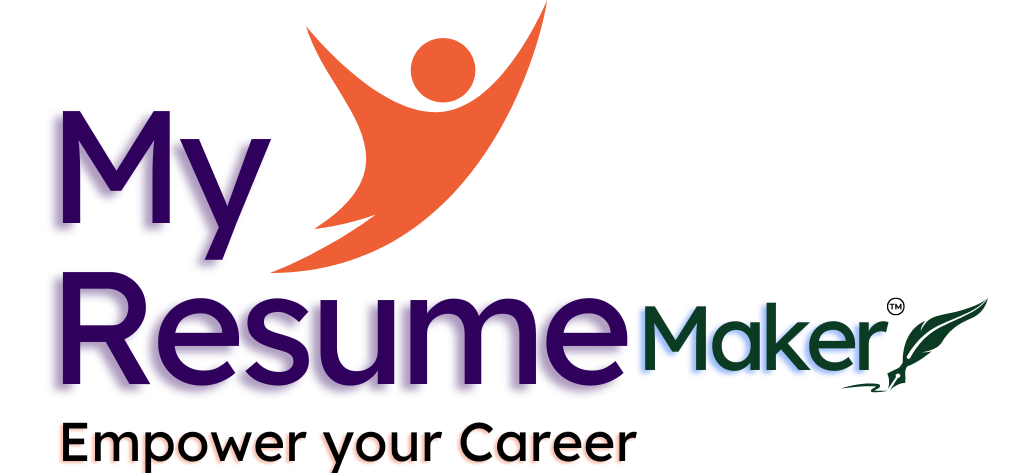Single Page Resume / One Page Resume
A single-page resume, also known as a one-page resume, is a concise document that provides a summary of a person’s qualifications, work experience, education, skills, and relevant achievements. The goal of a one-page resume is to present relevant information in a clear and organized manner, typically fitting onto a single sheet of paper.
Here are some key points to keep in mind when creating a single-page resume:
- Conciseness: The primary objective of a one-page resume is to be concise. It should include only the most relevant information that directly pertains to the job you’re applying for.
- Relevance: Tailor your resume to the specific job you’re applying for. Highlight skills and experiences that are directly applicable to the position.
- Professional Summary or Objective: Include a brief statement at the beginning of your resume summarizing your career goals and what you can bring to the employer.
- Contact Information: Provide your name, phone number, email address, and optionally, your LinkedIn profile or personal website.
- Work Experience: List your work experience in reverse chronological order (starting with the most recent job first). Include the name of the company, your job title, the dates you worked there, and bullet points describing your responsibilities and achievements.
- Education: Include information about your educational background, including the name of the institution, the degree(s) you earned, and graduation dates.
- Skills: Highlight relevant skills, both hard (e.g., programming languages, software proficiency) and soft (e.g., communication, teamwork).
- Achievements: Quantify your accomplishments whenever possible. Use metrics to demonstrate the impact you’ve had in previous roles.
- Formatting: Use a clean and professional format. Use a readable font and maintain consistent formatting (e.g., bullet points, headings, font sizes).
- Avoid Irrelevant Information: Leave out any information that doesn’t directly relate to the job you’re applying for. This includes unrelated hobbies or excessive personal details.
- Proofread: Ensure your resume is free of spelling or grammatical errors. Attention to detail is important.
- Customize for Each Application: Tailor your resume for each job application. Highlight specific experiences and skills that align with the requirements of the position.
Remember that while a one-page resume is generally recommended, there are exceptions. For individuals with extensive work experience, certain specialized roles, or in academia, a two-page resume might be appropriate. However, it’s important to always prioritize quality and relevance over length.
Ultimately, a well-crafted single-page resume should effectively showcase your qualifications and make a positive impression on potential employers.





